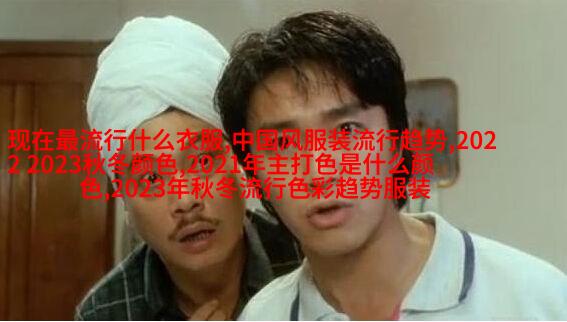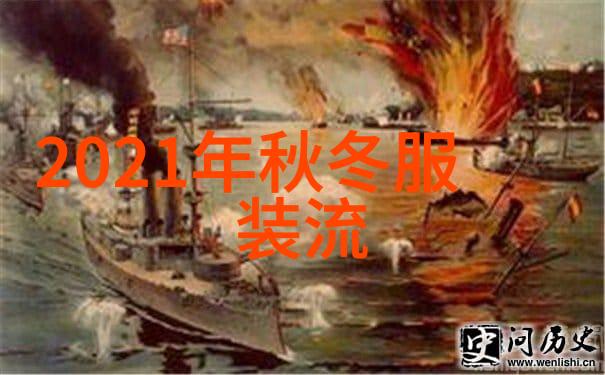您现在的位置是: 首页 - 流行趋势 - 镜像与凝视独行月球中女性人物的对抗性凝视在建国大业影评中的社会反思 流行趋势
镜像与凝视独行月球中女性人物的对抗性凝视在建国大业影评中的社会反思
2024-12-16 【流行趋势】 0人已围观
简介镜像与凝视:《独行月球》中女性人物的“对抗性凝视”建国大业影评中的社会反思 在《独行月球》的叙事结构中,我们看到了传统英雄叙事中常见的母题——“英雄救美”,然而,这一主题被重新解读,女性角色不再是单纯的客体,而是具有主体辅助体功能。马兰星不仅成为独孤月爱情生活中的对象,更是他的行动指向和技术支持。在剧情发展过程中,她展现出独立自主、勇敢坚韧的一面,为独孤月提供了宝贵的情感和实际帮助
镜像与凝视:《独行月球》中女性人物的“对抗性凝视”建国大业影评中的社会反思

在《独行月球》的叙事结构中,我们看到了传统英雄叙事中常见的母题——“英雄救美”,然而,这一主题被重新解读,女性角色不再是单纯的客体,而是具有主体辅助体功能。马兰星不仅成为独孤月爱情生活中的对象,更是他的行动指向和技术支持。在剧情发展过程中,她展现出独立自主、勇敢坚韧的一面,为独孤月提供了宝贵的情感和实际帮助。这一转变突破了传统电影中的性别定位,将女性从被动接受者的角色提升为积极参与者。
这种变化背后,是中国社会对于女性地位提升的反映。随着经济社会的发展,女性在家庭、工作乃至政治领域的地位也日益增强,她们开始意识到自己的价值,并争取到应有的尊重和权利。在电影创作上,这种趋势也得以体现,不再简单地将女性塑造成男性观众欣赏的对象,而是给予她们更多的人格特点和故事功能。

拉康(Jacques Lacan)的镜像理论为这一转变提供了理论基础。他认为,在观看与被观看之间存在着互相作用,即主体在向外观看时,也会被另一个东西所注视。这一点启发我们思考,女主人公马兰星不仅是在观看她的男朋友独孤月,同时也是他重要决策时的心理依赖。她对独孤月生命危险产生共鸣,并通过科学知识帮助他,最终成为了他们共同征服困难并实现目标的手段。
这次演绎改变了传统叙事方式,使得女主人公能够以更具备主导性的角度参与故事进程,从而打破了一种长期以来束缚于男性中心主义文化下的审美模式。这种新的审美模式让人更加关注角色间关系之深度,以及角色的内心世界,对于理解现代人的复杂心理需求有着重要意义。

此外,《独行月球》还表现出了西蒙·波伏娃提出的自由与独立原则,即 females should be in the domain of their own value, they will not be sacrificed for each other's conflicts. Instead, they seek new ways to follow moral laws, break through themselves, and pursue independence. This film embodies a new perspective on gender roles and relationships in contemporary society.
Through the lens of Laanian gaze theory and mirror stage theory, we can see how this film challenges traditional notions of femininity and masculinity by presenting a female character who is more than just an object of male desire or admiration. Her actions are driven by her own agency and motivations rather than solely responding to the desires of others.

In conclusion, "The Gaze" in Moonwalker reflects a shift towards a more inclusive representation of women as active agents with their own desires, intentions, and motivations. This shift represents not only a change in cinematic storytelling but also mirrors societal progress towards greater gender equality. The film offers an alternative perspective on traditional heroic narratives that allows for multiple perspectives and experiences to emerge from its characters' interactions.
By examining these themes within the context of Chinese cinema's evolution during the past few decades particularly with regards to gender representation we can better understand how movies have been able to effectively convey changing social attitudes toward women's roles while simultaneously reflecting broader cultural shifts towards greater inclusivity.







